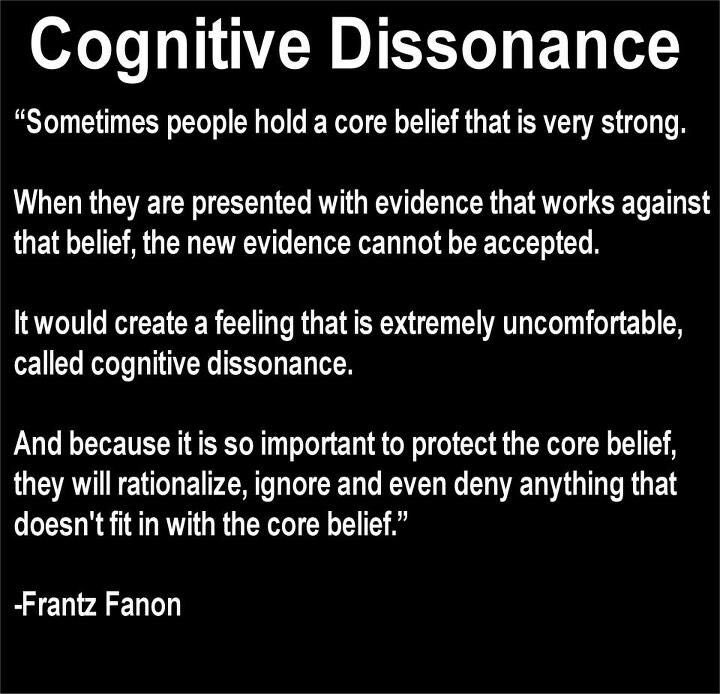Been thinking about this, virtue & value ethics, contexts in the Army and Britain today.
Feels like many of us could start thinking about what are you prepared to give up to affect change.
A challenge I posed the ExCo at MoD with PUS and CDS in attendance at the time. Quick https://abs.twimg.com/emoji/v2/... draggable="false" alt="🧵" title="Thread" aria-label="Emoji: Thread"> https://twitter.com/ethicsinbricks/status/1386397301803991040">https://twitter.com/ethicsinb...
https://abs.twimg.com/emoji/v2/... draggable="false" alt="🧵" title="Thread" aria-label="Emoji: Thread"> https://twitter.com/ethicsinbricks/status/1386397301803991040">https://twitter.com/ethicsinb...
Feels like many of us could start thinking about what are you prepared to give up to affect change.
A challenge I posed the ExCo at MoD with PUS and CDS in attendance at the time. Quick
Let’s start with ethics. They’re not taught in depth as part of our leadership or actions. Which has always struck me as weird.
Especially as we employ so many people (academics/padres/etc) who could teach us.
And that ethics are a great tool for leadership and management.
Especially as we employ so many people (academics/padres/etc) who could teach us.
And that ethics are a great tool for leadership and management.
Virtue ethics emphasises moral CHARACTER
Rather than duties and rules (doctrine anybody) or consequences of any given action (consequentialism).
All three approaches are part of normative ethics. But character - a set of virtues and practical wisdom - seem a good, secular start
Rather than duties and rules (doctrine anybody) or consequences of any given action (consequentialism).
All three approaches are part of normative ethics. But character - a set of virtues and practical wisdom - seem a good, secular start
Why should leaders and those in authority give something up?
My start point is the status quo is unacceptable and undesirable. The longer we defend it the more we appear will fully blind, neglectful or immovable.
It’s like Canute and the tide right? A rising demand for change.
My start point is the status quo is unacceptable and undesirable. The longer we defend it the more we appear will fully blind, neglectful or immovable.
It’s like Canute and the tide right? A rising demand for change.
Lots of this demand rising tide for change in matters of race, gender equality (Britain) leadership, career structure, ways of working (Army) is met, largely, with counter strokes, justification or obstacles as to why change can’t happen.
And that’s maddening.
And it’s bad.
And that’s maddening.
And it’s bad.
Now, lots of that rebuttal comes from positions of power, authority and management.
Leadership, less so, why? Because cognitive dissonance takes over. It’s easier to find comfort in doing something - and saying so - even if that thing isn’t effective.
Leadership, less so, why? Because cognitive dissonance takes over. It’s easier to find comfort in doing something - and saying so - even if that thing isn’t effective.
But back to giving stuff up.
Virtue ethics. Values are the goal and virtues are the way to get there. Virtues have to be cultivated, meaning they are pliable, malleable and open to being socially defined.
What we may have found “right” when we were younger may not be now.
Virtue ethics. Values are the goal and virtues are the way to get there. Virtues have to be cultivated, meaning they are pliable, malleable and open to being socially defined.
What we may have found “right” when we were younger may not be now.
The practical wisdom acquired through the cultivation of character and virtues enables us to identify the right or wrong thing to do in any given situation.
Now. If you have a normative and conformist style of leadership, management and authority - this presents a problem. Why?
Now. If you have a normative and conformist style of leadership, management and authority - this presents a problem. Why?
Because those same virtues that have gone into the cultivation of character are likely to be normative, conformist and potentially a lot different to the people you lead. (See Thinking the Unthinkable @NikGowing ).
This likely leads to the cognitive dissonance when challenged.
This likely leads to the cognitive dissonance when challenged.
But instead of being Canute and commanding the rising tide away; leaders need to not only embrace the constructive disruption challenge brings - they also need to give up a few things to make the most of it and move the organisation or society - on.
Because that IS growth.
Because that IS growth.
Now. I’m about to get lots of DMs from fragile people about how much they accept challenge. (Please don’t).
If that’s the case why is change so illusive and discomfort and friction so common?
If you’re in a position of power and authority why can’t you change stuff? Risk? Fear?
If that’s the case why is change so illusive and discomfort and friction so common?
If you’re in a position of power and authority why can’t you change stuff? Risk? Fear?
So here are some things I think leaders can give up:
1. Security: make yourself vulnerable
2. Space: platforms and channels
3. The protection of secrecy - seek transparency in all things. Radically so.
4. Righteousness. You can, are and should frequently be wrong.
(1/2)
1. Security: make yourself vulnerable
2. Space: platforms and channels
3. The protection of secrecy - seek transparency in all things. Radically so.
4. Righteousness. You can, are and should frequently be wrong.
(1/2)
(2/2)
Last bias - the cognitive ones:
- Confirmation
- Dunning-Kruger effect
- In-group
- Anchoring
- Halo effect
- Availability
We cannot grow by sticking to the status quo. If you’re a leader think about what you can give up and the cultivation of character - growth.
Last bias - the cognitive ones:
- Confirmation
- Dunning-Kruger effect
- In-group
- Anchoring
- Halo effect
- Availability
We cannot grow by sticking to the status quo. If you’re a leader think about what you can give up and the cultivation of character - growth.

 Read on Twitter
Read on Twitter



